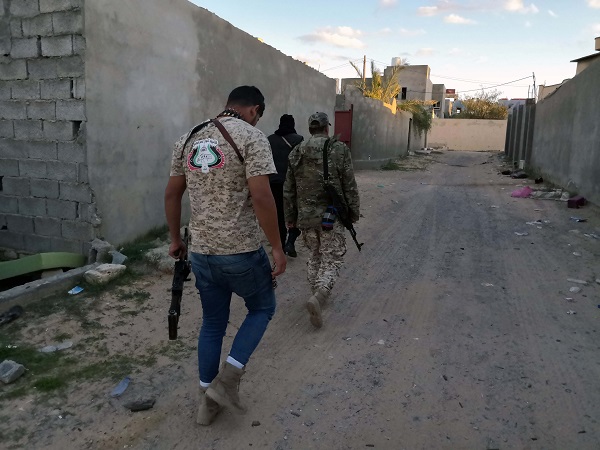United Nations, The UN envoy for Libya has reported “devastating impact” that the escalated Libyan conflict this year has inflicted on the country’s health care.
Ghassan Salame, head of the UN Support Mission in Libya (UNSMIL), told the Security Council on Monday that since the beginning of 2019, Libya has registered at least 60 attacks against its health care facilities, medical personnel and ambulances, Xinhua news agency reported.
Particularly, he said, “a clear pattern of precision airstrikes” was observed targeting the medical facilities of the Government of National Accord (GNA) forces, troops of the internationally recognized government.
Salame also reported a sharp increase in unmet health needs, particularly for women and girls, citing a health sector assessment conducted in October.
He said more than 24 per cent of health facilities are closed due to the conflict, electricity cuts or structural damage, and services are interrupted in many other health facilities.
In early April, self-proclaimed Libyan National Army (LNA) launched an operation in an attempt to take over Tripoli. The GNA has since been fighting the eastern-based fighters around the Libyan capital.
Libya has been struggling to make a democratic transition amid insecurity and chaos since the fall of former leader Muammar Gaddafi in 2011.
The instability resulted in a divided country, with the GNA overseeing the west and a rival government in the east. Each is backed by an array of militias and armed groups fighting over resources and territory.
Salame said in Tripoli, the effects of the renewed conflict continue to impact the civilian population.
“More than 200 civilians have been killed and more than 128,000 people have fled their homes since the conflict began on April 4. More than 135,000 civilians remain in frontline areas, and an additional 270,000 people live in areas directly affected by conflict,” he said.
Moreover, as Libya is a major transit for African and Middle Eastern migrants making their way to Europe across the Mediterranean, Salame noted the migrants continue to be at risk of unlawful killings, torture and other ill-treatment.
Salame said the United Nations and its partners have reached over 310,000 people with humanitarian assistance this year. “Nearly 72,000 people received food assistance; some 10,000 received shelter support or non-food items and some 26,000 benefited from protection services.”
However, he said, to date, less than half of the appeal for $ 202 million under the Libya Humanitarian Response Plan has been funded, encouraging donors to contribute to help shrink the funding gap.










